In the fascinating world of pest control, there exists a group of unsung heroes who play a vital role in keeping our homes and gardens bug-free. Yes, you guessed it right – spiders! These eight-legged creatures may evoke fear in some, but they deserve a standing ovation for their extraordinary pest control abilities. Not only do spiders catch and consume a variety of insects, but they also help maintain a healthy ecosystem and reduce the need for harmful pesticides. So, let’s shed light on these remarkable creatures and appreciate the vital role they play in our lives.
Why Spiders are Important in Pest Control
Spiders as natural predators
Spiders play a crucial role in pest control as natural predators. They are equipped with special adaptations that make them highly efficient hunters. Unlike other insects, spiders do not rely on traps or baits, but instead actively hunt down their prey. This makes them an invaluable asset in keeping pest populations in check.
Spiders’ efficiency in catching pests
Spiders are known for their exceptional hunting skills, which allow them to catch pests with remarkable efficiency. They are equipped with specialized silk and venom glands, which they use to create intricate webs and immobilize their prey. This means that spiders can catch and eliminate a large number of pests in a short period of time, helping to prevent infestations and damage to crops and property.
The ecological benefits of spiders
Spiders are not just effective pest controllers; they also play a crucial role in maintaining the ecological balance of ecosystems. By keeping pest populations in check, spiders prevent the overpopulation of certain species that could disrupt the delicate balance of nature. This, in turn, has a positive impact on the overall health of ecosystems and promotes biodiversity.
Spiders’ ability to control pest populations
One of the most significant benefits of spiders in pest control is their ability to control pest populations naturally. By preying on pests such as mosquitoes, flies, cockroaches, ants, bed bugs, termites, and moths, spiders help to reduce their numbers and prevent infestations. This reduces the need for chemical pesticides, which can have harmful effects on the environment and human health.
Types of Spiders and their Pest Control Abilities
Common house spiders
Common house spiders, such as the cellar spider and the cobweb spider, are adept at catching pests found indoors. They construct webs in corners and crevices, where they capture flies, mosquitoes, and other small insects that may invade our homes.
Wolf spiders
Wolf spiders are formidable hunters that do not rely on webs to catch their prey. They actively chase down and capture pests on the ground, making them effective in controlling populations of insects and small arthropods.
Jumping spiders
Jumping spiders are known for their incredible agility and ability to pounce on their prey. They are versatile hunters that can catch a wide range of pests, including flies, mosquitoes, beetles, and even small spiders.
Crab spiders
Crab spiders are ambush predators that hide among flowers and vegetation, waiting for unsuspecting prey to come within striking distance. They are particularly effective in capturing bees, butterflies, and other pollinators that may be considered pests in certain circumstances.
Orb-weaving spiders
Orb-weaving spiders are master web builders. They construct intricate, circular webs that are capable of capturing a wide range of flying insects, including mosquitoes, flies, and moths. These spiders are a valuable asset in gardens and agricultural settings.
Daddy longlegs
Daddy longlegs, also known as harvestmen, are not true spiders but are arachnids closely related to spiders. They are voracious predators that feed on a variety of pests, including aphids, mites, and small insects. While their appearance may be intimidating, they are harmless to humans and provide valuable pest control benefits.
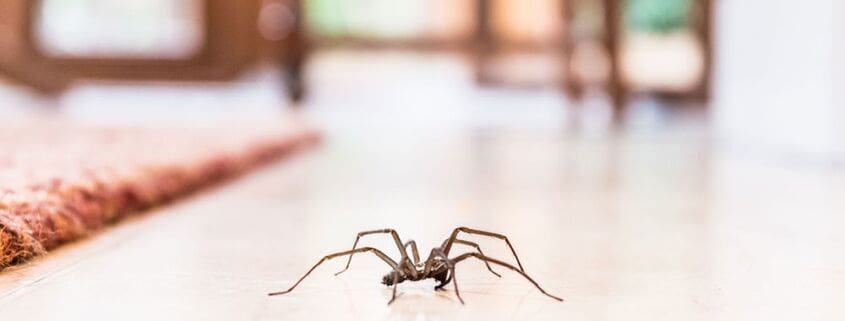
Spiders’ Diet: What Pests do they Feed on?
Mosquitoes and flies
Mosquitoes and flies are common pests that can transmit diseases and cause annoyance. Fortunately, many species of spiders, including common house spiders and orb-weaving spiders, feed on these pests, helping to reduce their population and the risk of diseases they carry.
Cockroaches
Cockroaches are notorious pests that can contaminate food and spread diseases. Spiders like wolf spiders and cellar spiders are skilled hunters that target cockroaches, making them an effective natural control method for these pests.
Ants
Ants can quickly become a nuisance when they invade our homes and gardens. Certain species of spiders, such as jumping spiders and crab spiders, prey on ants and help to keep their populations in check.
Bed bugs
Bed bugs are a common pest that can cause discomfort and sleepless nights. While spiders do not specifically target bed bugs, they are opportunistic predators and may capture them if they come across them during their hunts.
Termites
Termites are destructive pests that can cause significant damage to buildings and wooden structures. While spiders alone may not be able to control termite infestations, they can play a role in reducing the population and managing the spread of these pests.
Moths and other fabric pests
Moths and other fabric pests, such as clothes moths, can cause damage to valuable textiles and fabrics. Certain species of spiders, including cellar spiders and orb-weaving spiders, capture these pests in their webs, helping to protect our belongings.
The Benefits of Having Spiders Around
Reduced need for chemical pesticides
One of the most significant benefits of having spiders around is the reduced need for chemical pesticides. By allowing spiders to naturally control pest populations, we can minimize the use of harmful chemicals that can have adverse effects on human health and the environment.
Natural pest control in gardens
Spiders are excellent allies in maintaining a healthy garden ecosystem. They prey on a variety of garden pests, including aphids, caterpillars, and beetles. By encouraging spiders in our gardens, we can achieve natural and sustainable pest control without relying on chemical interventions.
Protection against disease-carrying pests
Many pests, such as mosquitoes and flies, are known carriers of diseases such as malaria, dengue fever, and Zika virus. By controlling the populations of these disease vectors, spiders help to reduce the risk of disease transmission to humans and animals.
Preservation of ecosystem balance
Spiders are an essential part of the ecosystem, and their presence helps to maintain the balance of nature. By regulating pest populations, they prevent outbreaks that can disrupt the delicate relationships between species and contribute to the overall health and stability of the ecosystem.
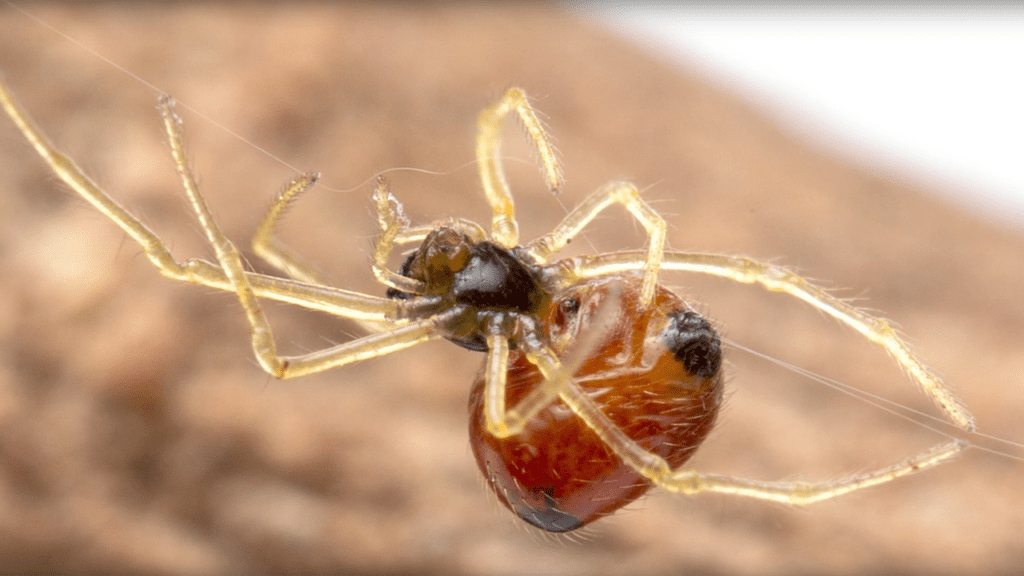
Encouraging Spiders for Pest Control
Creating spider-friendly environments
To encourage spiders for pest control, it is important to create spider-friendly environments. This includes providing shelters such as piles of leaves, rocks, and logs, as well as planting native vegetation that can attract insects and other prey for spiders.
Planting spider-attracting plants
Certain plants, such as lavender, marigold, and sunflowers, attract a variety of insects that spiders feed on. By incorporating these plants into our gardens, we can attract spiders and enhance their natural pest control capabilities.
Providing shelter for spiders
Spiders need hiding places to lay their eggs and seek refuge. By providing sheltered areas such as woodpiles, dense vegetation, and undisturbed corners, we can create ideal habitats for spiders to thrive and multiply.
Reducing the use of chemical pesticides
Chemical pesticides can be harmful to spiders and other beneficial insects. By reducing the use of chemical pesticides and opting for more natural and organic pest control methods, we can create a safe environment for spiders to flourish and contribute to pest control efforts.
Dispelling Spider Myths
Spiders are dangerous and venomous
While some spiders possess venom, most spiders are harmless to humans. The majority of spider bites result in mild symptoms and can be treated with simple first aid measures. It is important to remember that spiders are more afraid of us than we are of them and only bite in self-defense.
All spiders are harmful
Contrary to popular belief, not all spiders are harmful or a threat to our well-being. In fact, the presence of spiders can be beneficial as they help to control pest populations naturally. It is essential to differentiate between venomous spiders and harmless species to avoid unnecessary fear or harm.
Spiders will invade your home
Spiders do not actively seek out homes for invasion. They are simply searching for food and shelter, and if they find suitable conditions indoors, they may take up residence. However, by adopting preventive measures and creating unfavorable environments, we can minimize the chances of spider infestations.
The importance of understanding spider behavior
Understanding spider behavior is crucial in dispelling myths and misconceptions. By learning about different spider species, their habitats, and their unique hunting techniques, we can better appreciate the benefits they provide in pest control and coexist with them harmoniously.
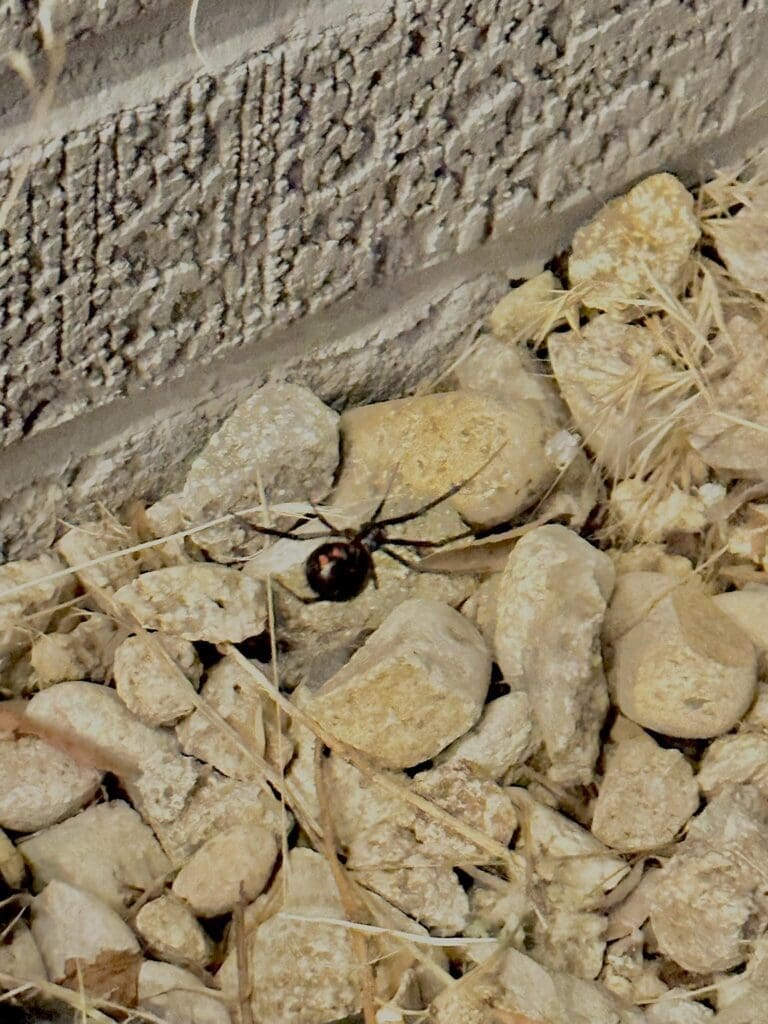
Preventing Spider Infestations
Sealing entry points
To prevent spider infestations, it is important to seal any cracks, gaps, and openings in the exterior of our homes. This includes caulking windows and doors, repairing damaged screens, and using weatherstripping to ensure a tight seal.
Regular cleaning and decluttering
Spiders are attracted to cluttered and dusty environments as they provide hiding places and prey. Regular cleaning and decluttering can help to reduce their hiding spots and make our homes less inviting to spiders.
Proper outdoor maintenance
Maintaining a well-groomed and tidy yard can deter spiders from setting up their webs and nests near our homes. This includes trimming vegetation, removing fallen leaves and debris, and keeping outdoor lights off to minimize insect activity.
Reducing other insect populations
Spiders are opportunistic hunters and require a steady food supply to thrive. By implementing effective pest control measures to reduce other insect populations, we can indirectly decrease the attractiveness of our homes to spiders.
Common Misconceptions about Spiders
Spiders are out to get humans
Spiders do not actively seek out humans as prey. They mainly prey on smaller insects and arthropods. Human encounters with spiders are usually accidental, and spiders generally prefer to retreat or hide rather than engage in confrontation.
Spiders only exist to scare people
While spiders may provoke fear in some individuals, their primary purpose is not to scare people. They have evolved to fulfill specific ecological roles, including pest control, and their presence is essential for the well-being of ecosystems.
Spiders are dirty and unsanitary
Spiders are actually quite clean animals. They groom themselves regularly and keep their bodies free of dirt and debris. Their presence in our homes and gardens should not be equated with uncleanliness but rather appreciated as a sign of effective pest control.
Spiders are aggressive
Spiders are generally not aggressive towards humans and will only bite if they feel threatened or cornered. Most species prefer to retreat and avoid confrontation whenever possible. It is important to respect their territories and avoid provoking defensive behaviors.
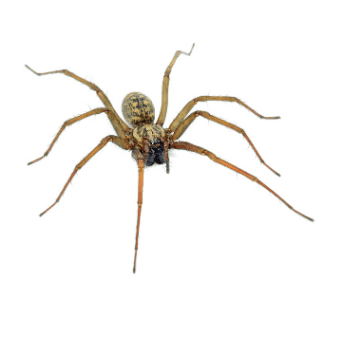
The Role of Spiders in Organic Pest Control
Why organic pest control is important
Organic pest control is vital for maintaining a healthy environment and preserving the health of humans and wildlife. Chemical pesticides can have harmful effects on beneficial insects, water sources, and the overall ecosystem. By utilizing natural pest control methods, such as spiders, we can effectively manage pests without compromising environmental integrity.
Using spiders as a natural pest control method
Spiders are a key component of organic pest control, as they rely on their natural hunting instincts and prey on various pests. By encouraging spiders in our surroundings, we can harness their innate abilities to regulate pest populations and minimize the need for chemical interventions.
Combining spiders with other organic methods
While spiders alone can contribute significantly to pest control, combining their presence with other organic methods can enhance their effectiveness. This may include using companion planting, biological controls such as beneficial insects, and employing cultural practices to create a holistic pest management strategy.
The economic and environmental benefits of organic pest control
Organic pest control has numerous economic and environmental benefits. By reducing reliance on chemical pesticides, we can minimize the risk of adverse effects on human health, protect ecosystems, and support natural processes that maintain ecological balance. Additionally, the increased presence of spiders and other beneficial insects can save on costs associated with chemical treatments and ultimately contribute to sustainable agriculture and pest management practices.
Spider Safety and Spider-Bite Prevention
Identification of venomous spiders
While most spiders are harmless, it is important to be able to identify venomous spiders to minimize the risk of spider bites. Familiarize yourself with common venomous spider species in your area and learn to differentiate them from harmless species.
Spider bite symptoms and treatment
In the unlikely event of a spider bite, it is essential to seek proper medical attention if symptoms are severe or persistent. Mild symptoms can usually be managed with basic first aid measures, such as cleaning the area, applying a cold compress, and taking over-the-counter pain relievers.
Preventive measures to avoid spider bites
To prevent spider bites, it is advisable to take precautions in areas where spiders are commonly found. This includes wearing protective clothing, using insect repellents, shaking out clothing and shoes before wearing them, and keeping beds and living areas uncluttered.
When to seek medical attention
If you experience severe symptoms such as difficulty breathing, intense pain, or signs of an allergic reaction after a spider bite, it is crucial to seek immediate medical attention. Prompt medical evaluation and treatment can prevent complications and ensure a timely recovery.
As unsung heroes of pest control, spiders deserve appreciation for their valuable role in maintaining the balance of ecosystems and protecting us from a variety of pests. By understanding their importance, dispelling myths, and implementing preventive measures, we can coexist peacefully with these fascinating creatures and harness their natural pest control abilities for a healthier and more sustainable environment.
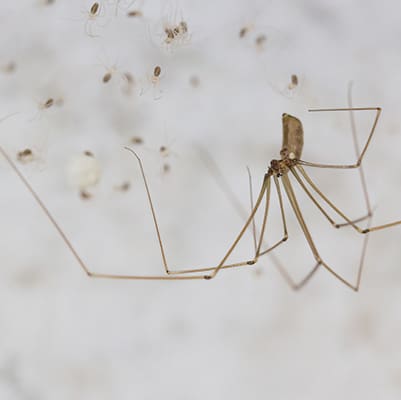

I am Randy, the author behind PestControld.com. Drawing from decades of experience, I aim to provide valuable insights, expert advice, and practical recommendations to help you make informed decisions when assessing viable pest control solutions.